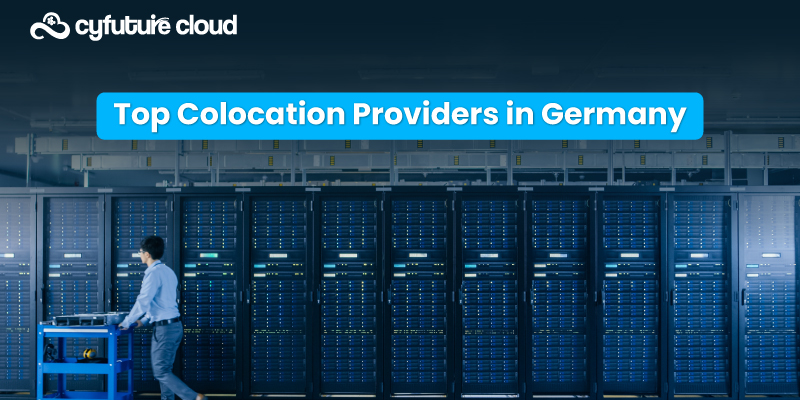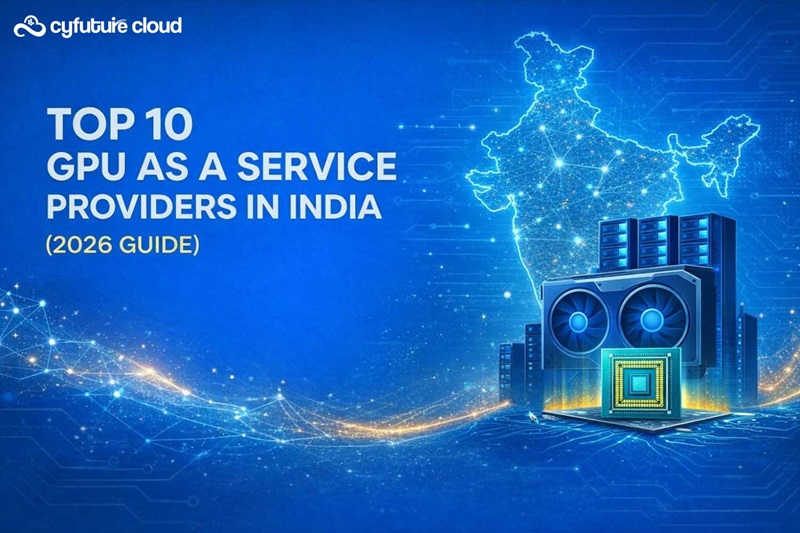Get 69% Off on Cloud Hosting : Claim Your Offer Now!
- Products
-
Compute
Compute
- Predefined TemplatesChoose from a library of predefined templates to deploy virtual machines!
- Custom TemplatesUse Cyfuture Cloud custom templates to create new VMs in a cloud computing environment
- Spot Machines/ Machines on Flex ModelAffordable compute instances suitable for batch jobs and fault-tolerant workloads.
- Shielded ComputingProtect enterprise workloads from threats like remote attacks, privilege escalation, and malicious insiders with Shielded Computing
- GPU CloudGet access to graphics processing units (GPUs) through a Cyfuture cloud infrastructure
- vAppsHost applications and services, or create a test or development environment with Cyfuture Cloud vApps, powered by VMware
- Serverless ComputingNo need to worry about provisioning or managing servers, switch to Serverless Computing with Cyfuture Cloud
- HPCHigh-Performance Computing
- BaremetalBare metal refers to a type of cloud computing service that provides access to dedicated physical servers, rather than virtualized servers.
-
Storage
Storage
- Standard StorageGet access to low-latency access to data and a high level of reliability with Cyfuture Cloud standard storage service
- Nearline StorageStore data at a lower cost without compromising on the level of availability with Nearline
- Coldline StorageStore infrequently used data at low cost with Cyfuture Cloud coldline storage
- Archival StorageStore data in a long-term, durable manner with Cyfuture Cloud archival storage service
-
Database
Database
- MS SQLStore and manage a wide range of applications with Cyfuture Cloud MS SQL
- MariaDBStore and manage data with the cloud with enhanced speed and reliability
- MongoDBNow, store and manage large amounts of data in the cloud with Cyfuture Cloud MongoDB
- Redis CacheStore and retrieve large amounts of data quickly with Cyfuture Cloud Redis Cache
-
Automation
Automation
-
Containers
Containers
- KubernetesNow deploy and manage your applications more efficiently and effectively with the Cyfuture Cloud Kubernetes service
- MicroservicesDesign a cloud application that is multilingual, easily scalable, easy to maintain and deploy, highly available, and minimizes failures using Cyfuture Cloud microservices
-
Operations
Operations
- Real-time Monitoring & Logging ServicesMonitor & track the performance of your applications with real-time monitoring & logging services offered by Cyfuture Cloud
- Infra-maintenance & OptimizationEnsure that your organization is functioning properly with Cyfuture Cloud
- Application Performance ServiceOptimize the performance of your applications over cloud with us
- Database Performance ServiceOptimize the performance of databases over the cloud with us
- Security Managed ServiceProtect your systems and data from security threats with us!
- Back-up As a ServiceStore and manage backups of data in the cloud with Cyfuture Cloud Backup as a Service
- Data Back-up & RestoreStore and manage backups of your data in the cloud with us
- Remote Back-upStore and manage backups in the cloud with remote backup service with Cyfuture Cloud
- Disaster RecoveryStore copies of your data and applications in the cloud and use them to recover in the event of a disaster with the disaster recovery service offered by us
-
Networking
Networking
- Load BalancerEnsure that applications deployed across cloud environments are available, secure, and responsive with an easy, modern approach to load balancing
- Virtual Data CenterNo need to build and maintain a physical data center. It’s time for the virtual data center
- Private LinkPrivate Link is a service offered by Cyfuture Cloud that enables businesses to securely connect their on-premises network to Cyfuture Cloud's network over a private network connection
- Private CircuitGain a high level of security and privacy with private circuits
- VPN GatewaySecurely connect your on-premises network to our network over the internet with VPN Gateway
- CDNGet high availability and performance by distributing the service spatially relative to end users with CDN
-
Media
-
Analytics
Analytics
-
Security
Security
-
Network Firewall
- DNATTranslate destination IP address when connecting from public IP address to a private IP address with DNAT
- SNATWith SNAT, allow traffic from a private network to go to the internet
- WAFProtect your applications from any malicious activity with Cyfuture Cloud WAF service
- DDoSSave your organization from DoSS attacks with Cyfuture Cloud
- IPS/ IDSMonitor and prevent your cloud-based network & infrastructure with IPS/ IDS service by Cyfuture Cloud
- Anti-Virus & Anti-MalwareProtect your cloud-based network & infrastructure with antivirus and antimalware services by Cyfuture Cloud
- Threat EmulationTest the effectiveness of cloud security system with Cyfuture Cloud threat emulation service
- SIEM & SOARMonitor and respond to security threats with SIEM & SOAR services offered by Cyfuture Cloud
- Multi-Factor AuthenticationNow provide an additional layer of security to prevent unauthorized users from accessing your cloud account, even when the password has been stolen!
- SSLSecure data transmission over web browsers with SSL service offered by Cyfuture Cloud
- Threat Detection/ Zero DayThreat detection and zero-day protection are security features that are offered by Cyfuture Cloud as a part of its security offerings
- Vulnerability AssesmentIdentify and analyze vulnerabilities and weaknesses with the Vulnerability Assessment service offered by Cyfuture Cloud
- Penetration TestingIdentify and analyze vulnerabilities and weaknesses with the Penetration Testing service offered by Cyfuture Cloud
- Cloud Key ManagementSecure storage, management, and use of cryptographic keys within a cloud environment with Cloud Key Management
- Cloud Security Posture Management serviceWith Cyfuture Cloud, you get continuous cloud security improvements and adaptations to reduce the chances of successful attacks
- Managed HSMProtect sensitive data and meet regulatory requirements for secure data storage and processing.
- Zero TrustEnsure complete security of network connections and devices over the cloud with Zero Trust Service
- IdentityManage and control access to their network resources and applications for your business with Identity service by Cyfuture Cloud
-
-
Compute
- Solutions
-
Solutions
Solutions
-
 Cloud
Hosting
Cloud
Hosting
-
 VPS
Hosting
VPS
Hosting
-
GPU Cloud
-
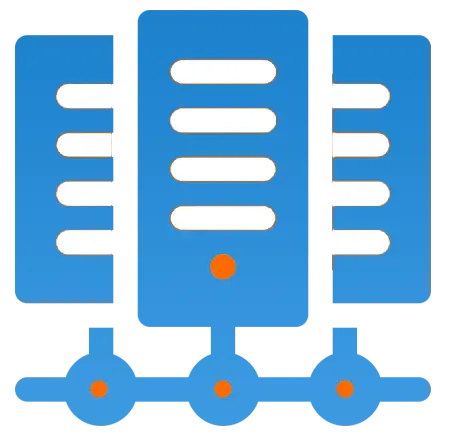 Dedicated
Server
Dedicated
Server
-
 Server
Colocation
Server
Colocation
-
 Backup as a Service
Backup as a Service
-
 CDN
Network
CDN
Network
-
 Window
Cloud Hosting
Window
Cloud Hosting
-
 Linux
Cloud Hosting
Linux
Cloud Hosting
-
Managed Cloud Service
-
Storage as a Service
-
 VMware
Public Cloud
VMware
Public Cloud
-
 Multi-Cloud
Hosting
Multi-Cloud
Hosting
-
 Cloud
Server Hosting
Cloud
Server Hosting
-
 Bare
Metal Server
Bare
Metal Server
-
 Virtual
Machine
Virtual
Machine
-
 Magento
Hosting
Magento
Hosting
-
Remote Backup
-
 DevOps
DevOps
-
 Kubernetes
Kubernetes
-
 Cloud
Storage
Cloud
Storage
-
NVMe Hosting
-
 DR
as s Service
DR
as s Service
-
-
Solutions
- Marketplace
- Pricing
- Resources
- Resources
-
By Product
Use Cases
-
By Industry
- Company
-
Company
Company
-
Company
Scaling LLMs with the NVIDIA H100: The Ultimate AI Accelerator
Table of Contents
Have you ever wondered why training large language models (LLMs) takes so long, even with powerful GPUs? Or why
AI-driven businesses are constantly looking for better hardware to speed up model training? The answer lies in the need for high-performance computing power, and that’s where NVIDIA’s H100 GPU comes in.
In today’s AI-driven world, LLMs like GPT, BERT, and LLaMA require massive computational resources. Traditional GPUs struggle to keep up with the ever-growing size and complexity of these models.
This is where the NVIDIA H100 GPU revolutionizes AI processing—it’s built to handle the most demanding machine learning tasks, making it the ultimate accelerator for LLMs.
In this blog, we’ll explore how the H100 GPU is changing the game for AI researchers, data scientists, and enterprises.
Let’s get started!
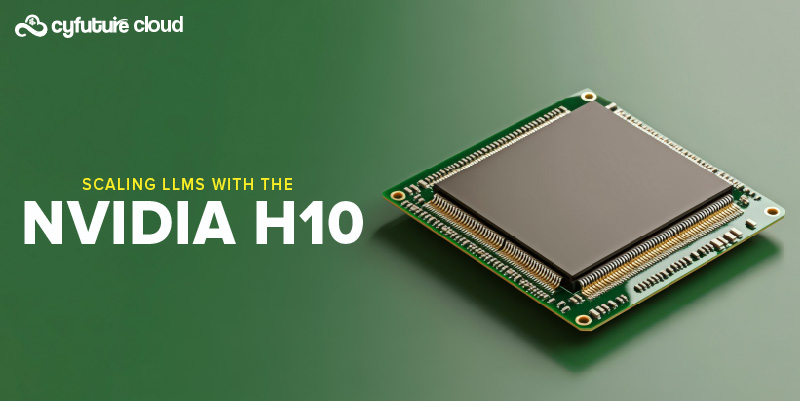
Why Scaling LLMs is Challenging?
Scaling large language models (LLMs) isn’t as simple as stacking more GPUs together. It requires careful consideration of efficiency, speed, and resource management. Even with cutting-edge hardware, several challenges arise:
Computational Power
LLMs demand immense processing capabilities. Training state-of-the-art models like GPT-4 involves billions—sometimes trillions—of parameters, requiring weeks or even months of continuous computation on high-performance GPUs. Traditional hardware often struggles to keep up, leading to long training times and inefficiencies.
Memory Bottlenecks
As model sizes increase, so do their memory requirements. Each layer of a neural network must store vast amounts of weights and activations, often exceeding the memory bandwidth of most GPUs. Insufficient VRAM leads to slower data transfers, increased reliance on offloading to slower system memory, and ultimately, higher costs due to inefficient resource usage.
Energy Consumption
Running LLMs at scale is not just computationally expensive—it’s also power-intensive. Large-scale AI training setups consume massive amounts of electricity, and inefficient GPUs waste even more energy. This raises concerns about both operational costs and environmental impact, making energy efficiency a critical factor in AI development.
Scalability Challenges
Distributing training workloads across multiple GPUs or clusters is inherently complex. Synchronizing data across nodes, managing communication overhead, and optimizing parallel computations require specialized frameworks and infrastructure. Without well-optimized hardware and software, scaling LLMs can become increasingly inefficient, reducing the potential gains of added computational power.
The Solution? NVIDIA H100 GPU
To overcome these bottlenecks, the NVIDIA H100 GPU offers a purpose-built solution for AI workloads. Featuring high memory bandwidth, increased computational efficiency, and enhanced scalability, the H100 is designed to accelerate LLM training while reducing energy consumption. Its advanced architecture optimizes tensor operations, enabling faster and more efficient training of massive AI cloud models.
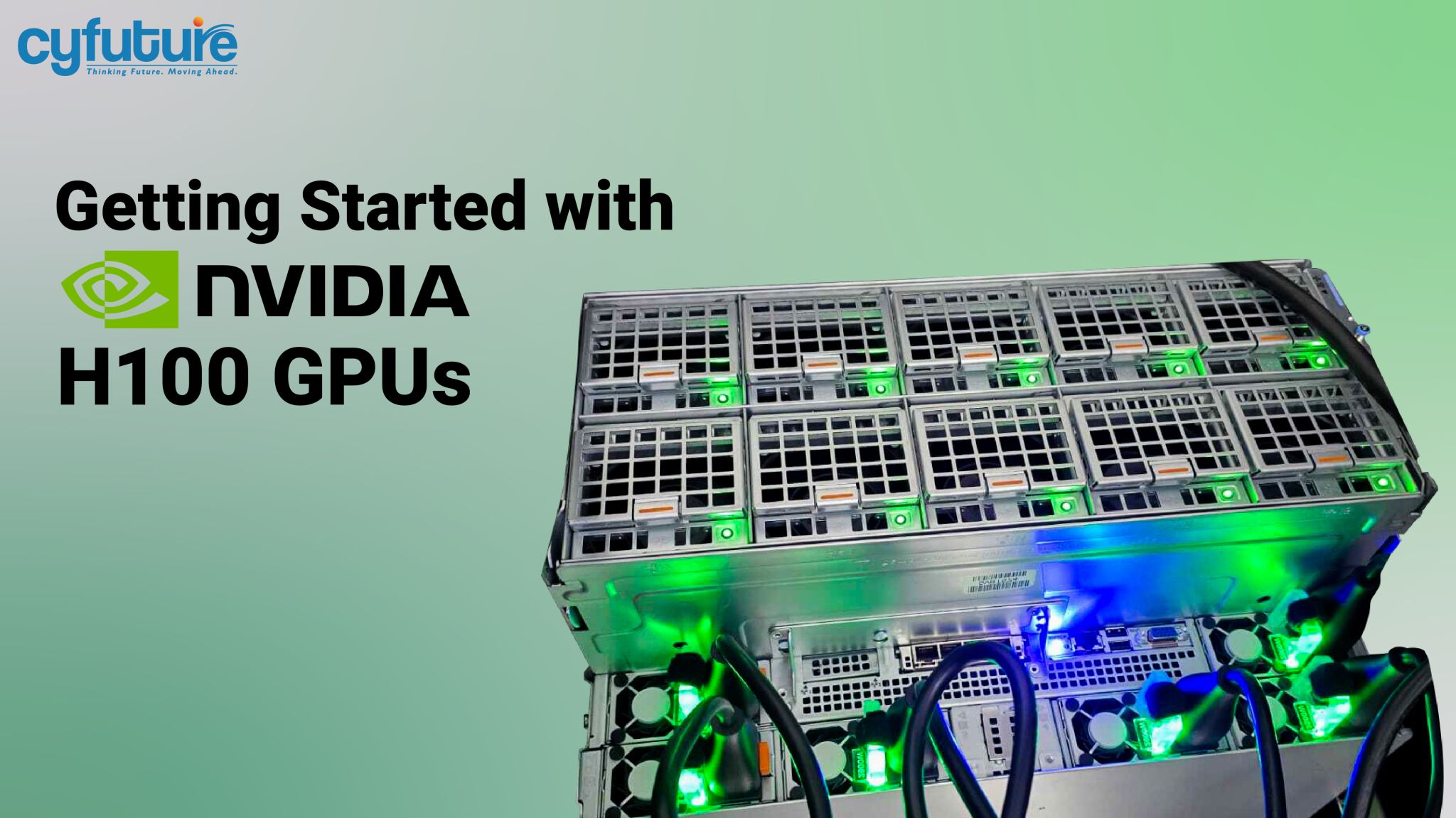
How the NVIDIA H100 Solves These Challenges
The NVIDIA H100 GPU is designed to tackle these challenges head-on. Let’s break down how it outperforms previous generations and optimizes LLM scaling.
Unmatched Computational Performance
The H100 is built on NVIDIA’s Hopper architecture, offering significantly higher AI compute power than the A100. It features:
- 60 teraflops of FP64 performance
- 700 teraflops of FP16 performance (for AI workloads)
- 4x higher training and inference speed compared to the A100
With these specs, LLMs train faster and more efficiently than ever before.
Enhanced Memory and Bandwidth
Memory bottlenecks are a thing of the past with the H100. It comes with 80GB of HBM3 memory and an incredible 3 TB/s memory bandwidth. This allows for:
- Faster model training
- Reduced latency during inference
- Support for larger datasets and more complex AI architectures
Energy Efficiency and Cost Savings
The H100 delivers 3x more performance per watt than its predecessor, significantly reducing energy consumption. This translates to lower operational costs and a more sustainable AI infrastructure.
Optimized Multi-GPU Scalability
NVIDIA’s NVLink and Transformer Engine enable seamless communication between multiple H100 GPUs. This means:
- More efficient parallel processing
- Easier model scaling
- Faster training times
Real-World Applications of H100 for LLMs
Accelerating AI Research
Top AI labs and enterprises use H100 GPUs to train cutting-edge LLMs like GPT-4, PaLM, and LLaMA. The faster processing speeds allow researchers to iterate models more quickly, leading to faster breakthroughs in AI.
Powering AI-Driven Businesses
From chatbots to personalized recommendations, businesses rely on LLMs for automation. The H100 GPU helps companies deploy and scale AI applications without performance lags.
Revolutionizing Healthcare AI
Medical AI models require high precision. With the H100, AI-driven diagnostics, drug discovery, and medical image analysis become significantly more efficient.
Enhancing Autonomous Systems
Self-driving cars, drones, and robotics depend on AI models that process real-time data. The H100 GPU’s high-speed computations make real-time decision-making possible.
Cyfuture Cloud: Empowering AI with NVIDIA H100 GPUs
At Cyfuture Cloud, we understand the importance of cutting-edge AI infrastructure. That’s why our state-of-the-art data centers are equipped with NVIDIA H100 GPUs, providing unparalleled computing power for LLM training and deployment.
Why Choose Cyfuture Cloud for Your AI Workloads?
- H100-Powered Infrastructure: Get access to the latest NVIDIA H100 GPUs for AI and ML applications.
- High-Speed Cloud Services: Experience low-latency, high-performance computing tailored for LLM training.
- Scalable Solutions: Whether you’re a startup or an enterprise, our flexible AI infrastructure grows with you.
- 24/7 Support & Security: Our team ensures maximum uptime, security, and seamless AI deployment.
With Cyfuture Cloud’s AI-optimized data centers, you can train LLMs faster, cheaper, and more efficiently than ever before.
Conclusion

Scaling large language models is no small feat, but with the right hardware, the process becomes significantly more efficient. The NVIDIA H100 GPU is a game-changer for AI, offering unmatched performance, higher memory bandwidth, and energy efficiency. Whether you’re training cutting-edge AI models or optimizing real-world applications, the H100 provides the power and scalability needed for success.
At Cyfuture Cloud, we bring this power to you with our H100-equipped data centers, enabling AI innovators to push boundaries like never before. If you’re looking to scale your LLMs faster and more efficiently, Cyfuture Cloud has the infrastructure you need.
Ready to take your AI models to the next level? Get in touch with Cyfuture Cloud today!
Recent Post

Stay Ahead of the Curve.
Join the Cloud Movement, today!
© Cyfuture, All rights reserved.
Send this to a friend

 Pricing
Calculator
Pricing
Calculator
 Power
Power
 Utilities
Utilities VMware
Private Cloud
VMware
Private Cloud VMware
on AWS
VMware
on AWS VMware
on Azure
VMware
on Azure Service
Level Agreement
Service
Level Agreement 